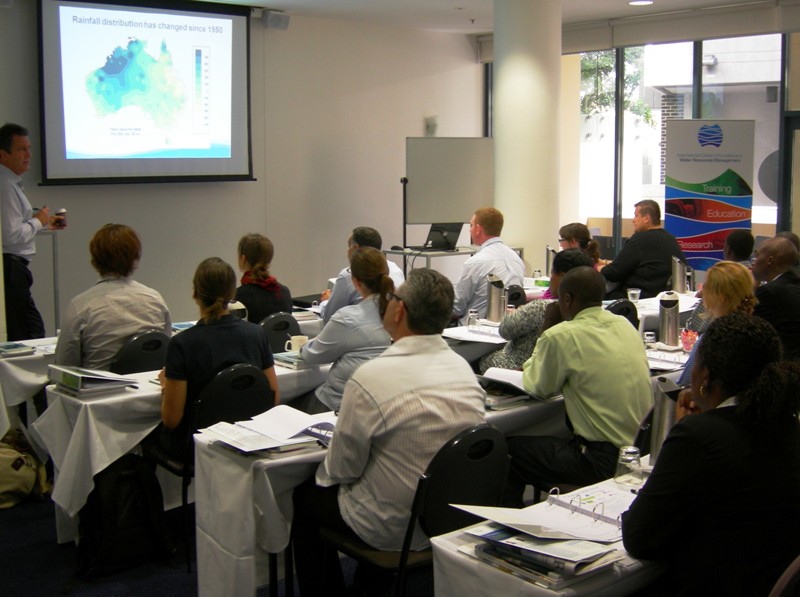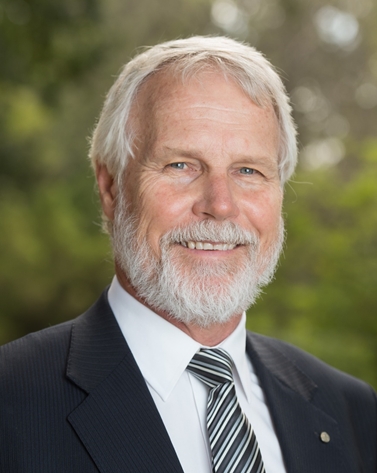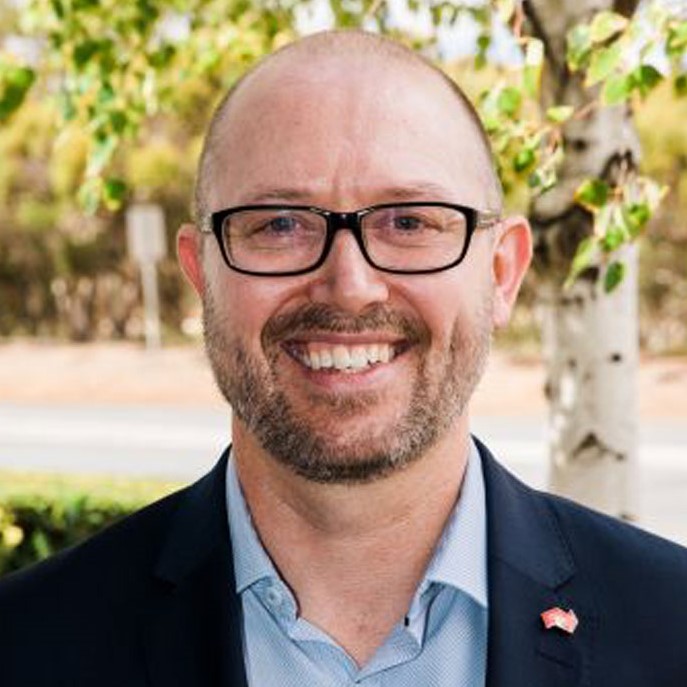The Australian Water School is delivered by Australia’s leading thinkers in water management. They include researchers, field staff, educators, consultants and leading government and industry professionals, national mentors dedicated to sharing their knowledge and experience.
Attendees at the School include staff working in a wide range of water-related roles including policy, management, environment, mining, agriculture, research, education, water companies, water-service industries, consultants and many others.
 What’s included
What’s included
- Best-practice Australian case studies
- Problem solving tools from proven problem solvers – bring your own questions
- Mentoring from the most highly regarded water leaders in Australia
- A global perspective by interaction with international water professionals
- Handouts including a water resources book, course notes, practical sessions and case studies
- Catering: morning and afternoon teas and lunches
 Pre-requisites
Pre-requisites
- A background in water science is not required
- All aspects of the School will be presented from first principles
Who should attend?
- Government or private sector employees
- Consultants
- Business owners
- Anyone who needs to understand how water management impacts on their work or business
- Water professionals who need to update their knowledge and build networks
Why attend the Australian Water School?
 For staff members: You will:
For staff members: You will:
- Gain an overview of the importance and key drivers for water management.
- Appreciate the science behind leading-edge water management.
- Become familiar with new technologies that deliver best practice water management.
- Understand the fundamentals of water governance and policy.
- Engage with other industry colleagues and build a wider professional network.
- Use case studies, real-world examples and interactive exercises to examine ways to develop more effective water management.
- Be able to claim 20 CPD hours with Engineers Australia (Under Type 2 of the EA guidelines available here).
For employers: Your organisation will:
- Get answers to your water management questions through real-world problem-solving – during and after the School.
- Be at the leading edge of water management thinking.
- Have staff with a considered view on emerging technologies, policies, legislation and commercial opportunities.
- Improve staff motivation as they are inspired by AWS’ thought-leaders.
- Develop your staff by building and sharing knowledge in a participative manner.
- Benefit from staff team-building when a group attends the School.
- Enjoy increased productivity and efficiency.
Click here for help on employer-approval . Also A short Pro-Forma Approval Letter is here.
 Australian Water School topics include:
Australian Water School topics include:
-
Sustainable water management: water cycle,
-
Climate change impacts, sustainable use
- Water demand and planning: principles, supply security, water use across sectors, Australia and internationally
- Water processes: hydrology, groundwater hydrogeology, surface water groundwater interaction
- Developing a business case for engaging communities in water management issues
- Hydrodynamics and water quality
- Biological and ecological processes: wetland processes,carbon fixation, nutrient cycling, exotic and pest species, catchment scale processes
- Urban water supply distribution and treatment: sources and storage, treatment processes, disinfection, distribution, alternative water sources, metering
- Wastewater treatment and disposal: physical and biological treatment processes, nutrient removal, industrial wastewater, environmental impacts
- Innovation in urban water management: managed aquifer recharge, sewage and stormwater recycling, infiltration basins, integrated water systems
- Water supplies for agriculture and mining: irrigation, dryland agriculture, water in mining
- Water governance: constitutional / jurisdictional, water law, institutional structures and responses, policy responses
- Case Studies and Tutorial













